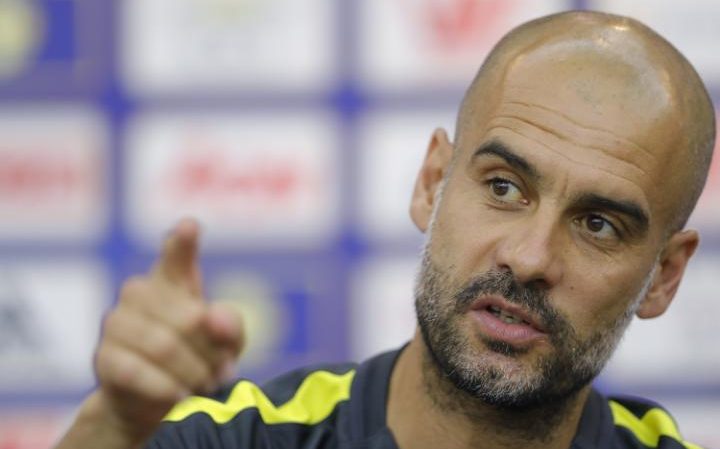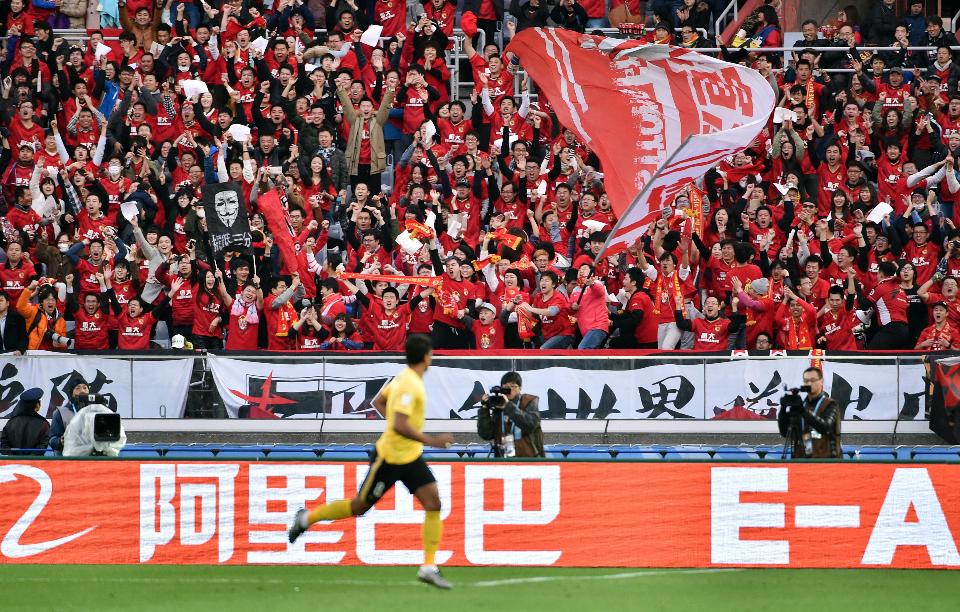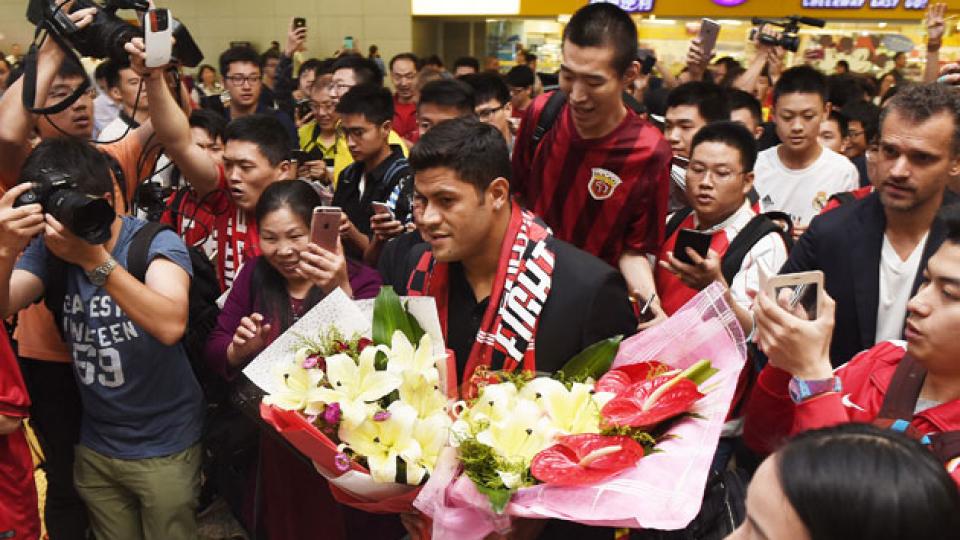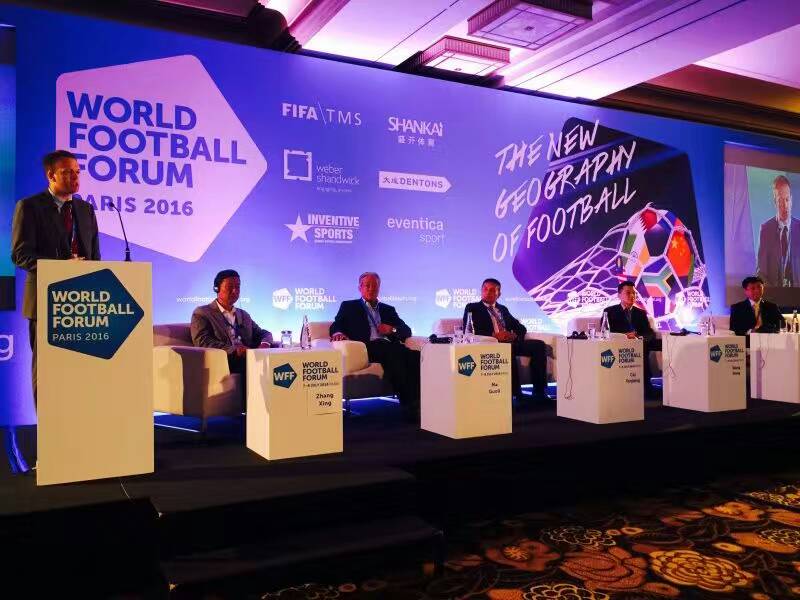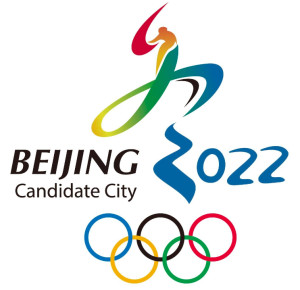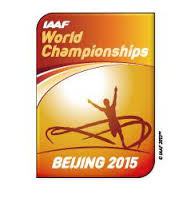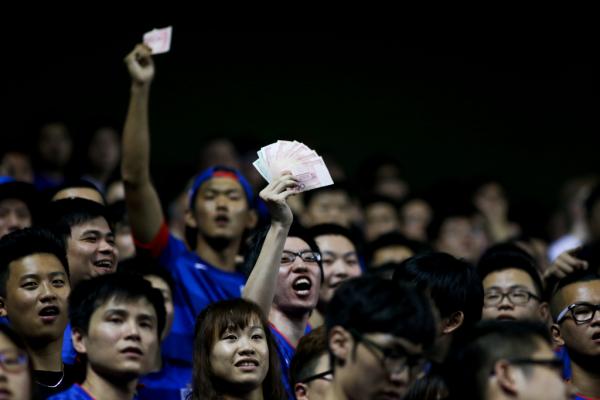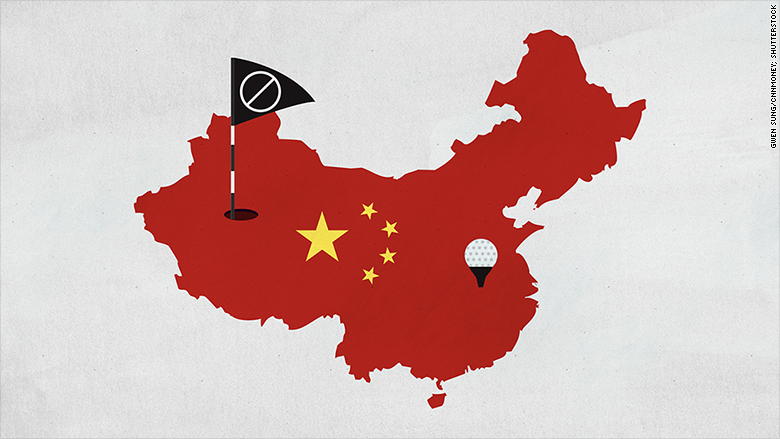Thousands of Chinese soccer fans went home very disappointed last Monday evening, following the cancellation of the much-anticipated Manchester derby, after rain the previous week had left the pitch at the Bird’s Nest stadium in an unplayable state. Coupled with less than stellar pre-season tours in previous years, it’s hard to see many top Premier League teams jumping at the chance to return to China, especially when trips to the US and elsewhere are so much more enjoyable.
The expected resumption of hostilities between Pep Guardiola and Jose Mourinho, the new coaches of City and United respectively, had shone an unusually bright spotlight on this pre-season friendly, which, unfortunately, only served to highlight the inadequacies of the event’s preparation.
When the dust has settled on the Match That Never Was, it can only be hoped that the post-event internal report – assuming one is actually written – does not place the blame solely on a freak weather occurrence that could never have been foreseen. Yes, Beijing experienced some heavy rainfall in the run-up to the match, but the worst of it came nearly a week beforehand and the city’s drains – not known as among the world’s best – had long since cleared standing water from the streets.
In fact, Manchester City’s deputy head groundsman had been dispatched to Beijing ten days before the game, by which point it would have been abundantly clear that the pitch was in no fit state to host some of the best players on the planet. Moreover, despite the fact that officials waited until early afternoon to call off the game – perhaps waiting for the forecast rain (which never materialized) to use as an additional excuse – witnessed said the players has earlier taken one look at the pitch and immediately turned around, either because they knew that the game would never go ahead, or because they would never agree to play on such a poor surface.
Guardiola: It wasn’t the water, it wasn’t the rain. It was just the state of the pitch.

